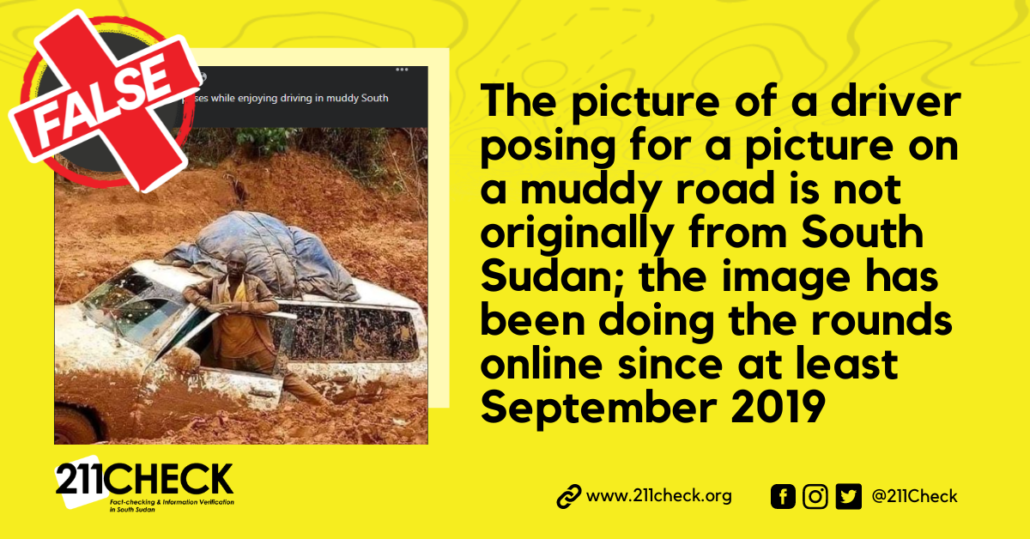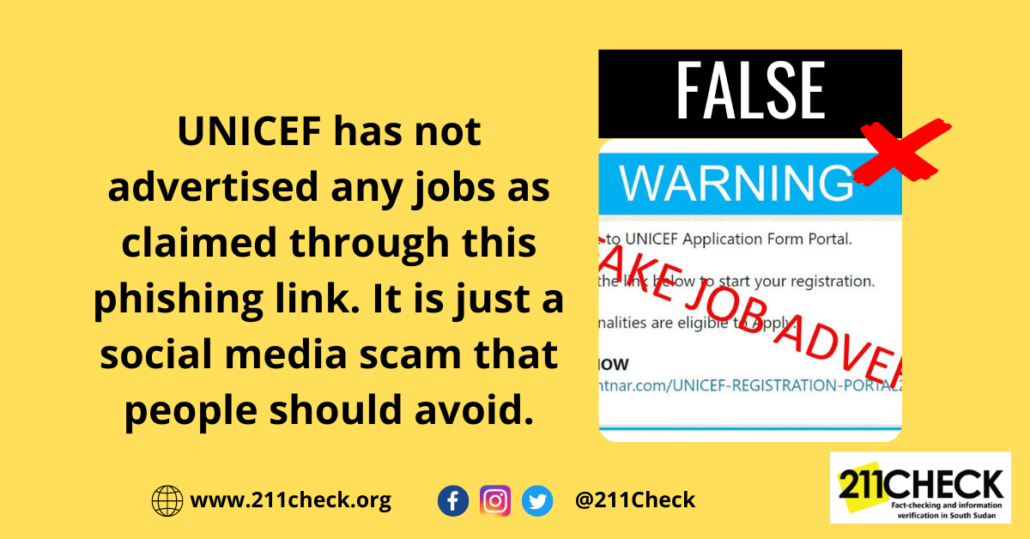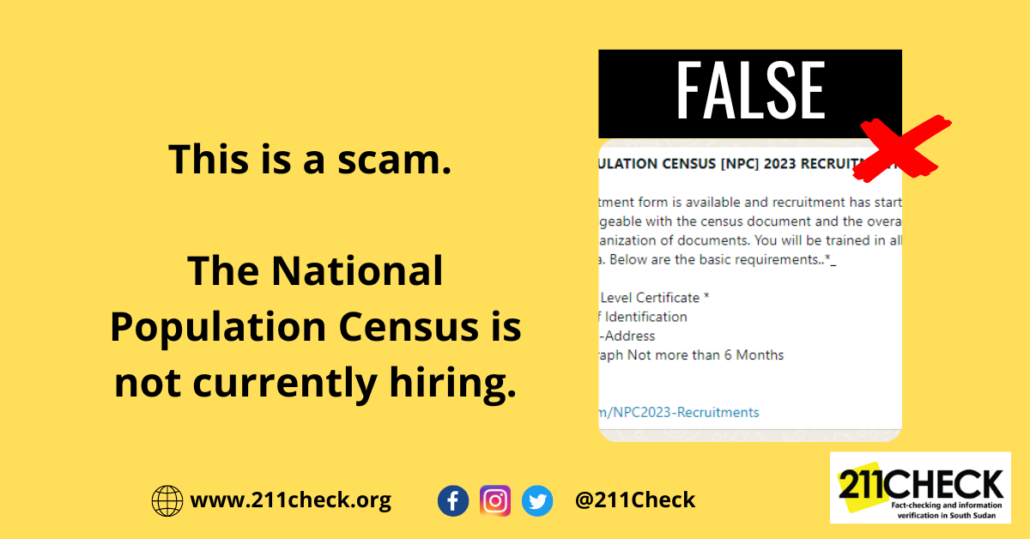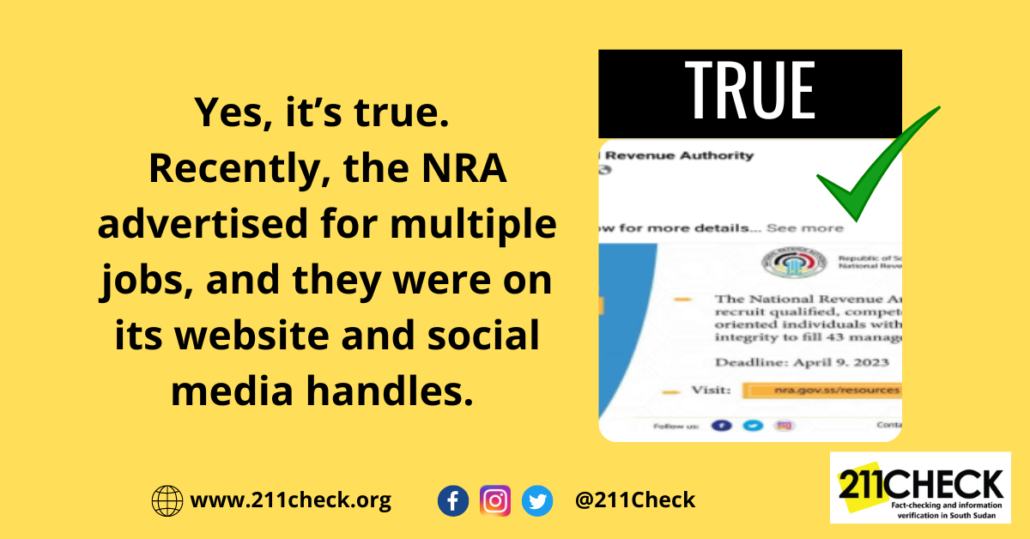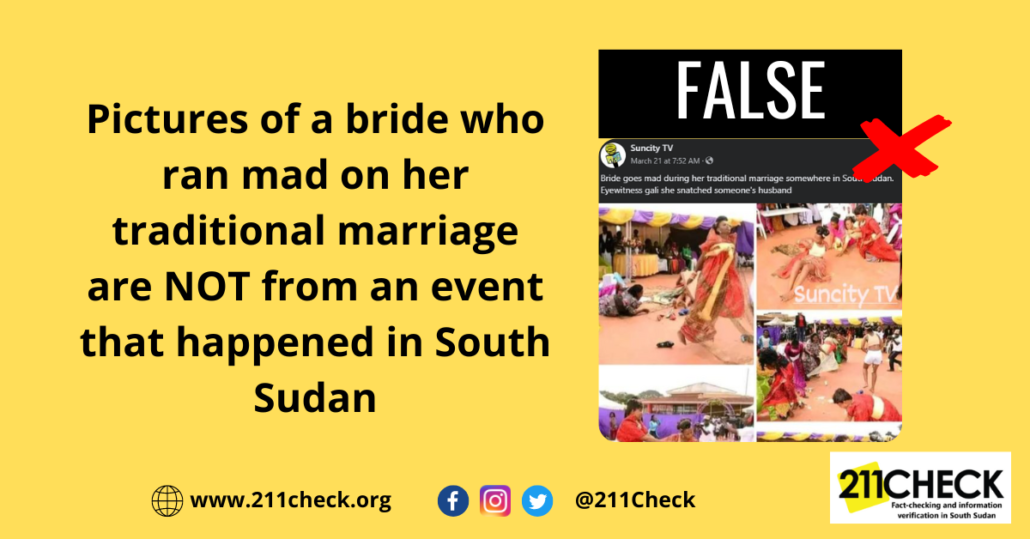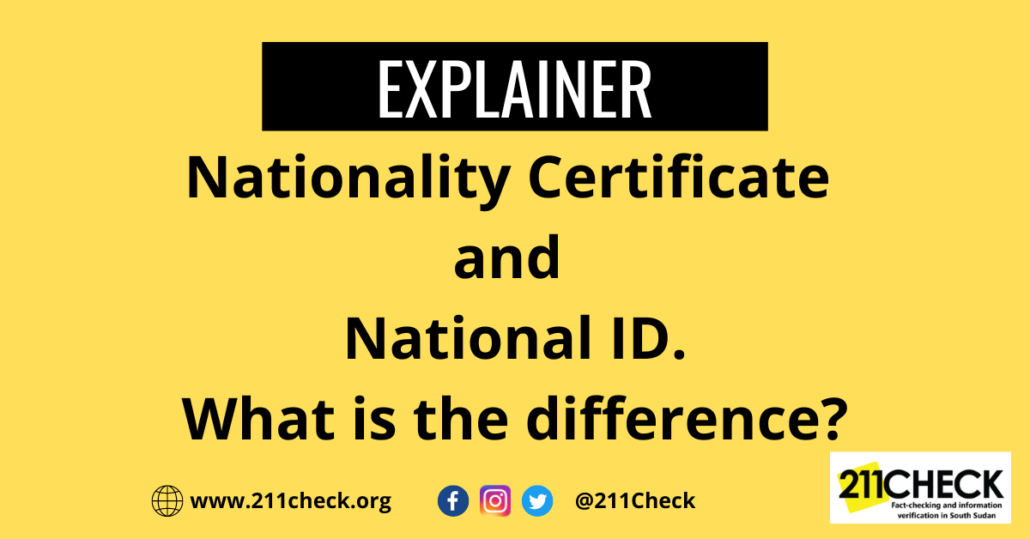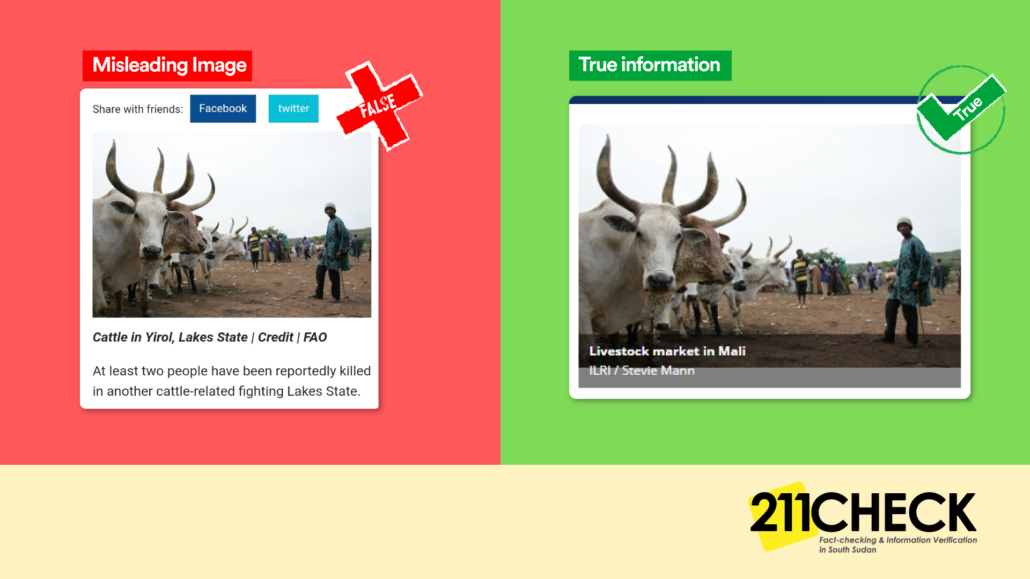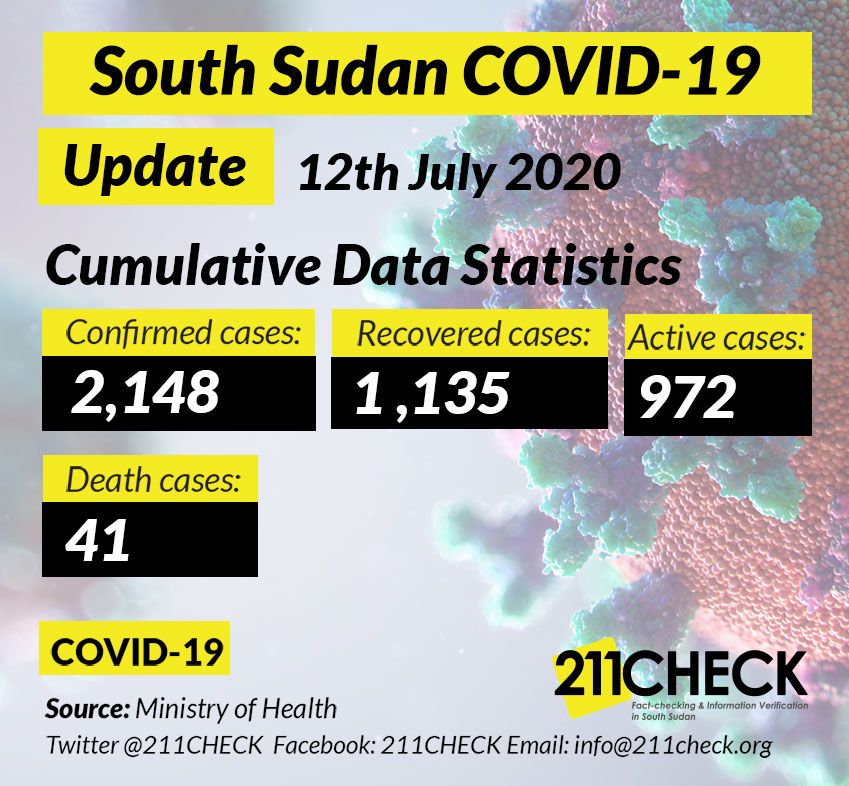Fact-check: Photo of a driver on a muddy road not from South Sudan
The picture of a driver posing for a picture on a muddy road is not originally from South Sudan; the image has been doing the rounds online since at least September 2019.
Writer: Beatrice Amude Paulino
Dalwuot Media, a Facebook page with 41,000 followers claiming to be a media and news company in South Sudan, posted an image on 8 May 2023 with a caption stating that it was a rare picture of a driver enjoying driving on a muddy road in South Sudan. However, this claim is false.
The post could not provide contextual information regarding when or where the photo was originally taken in South Sudan. This lack of information further supports the notion that the picture is not a genuine depiction of the country’s muddy roads.
“A rare picture of a driver poses while enjoying driving in muddy South Sudan road,” the post that has since attracted over 220 reactions, 25 comments and three shares reads.

A reverse image search of the picture revealed that it had been used previously on various other platforms, such as blogs, Facebook posts, and tweets by publishers in Nigeria, Kenya, and Zambia. Most of these uses were satirical and unrelated to South Sudan, indicating that the picture is not unique to South Sudan.
It was first posted with the Kiswahili caption, ““Maneno ikiisha ukwame katikati ya 70 page #Thesis alafu utoke nje ujiulize mbona uliingia writing,” on September 30, 2019, by Genius Research and Consultant. This page describes itself as a full services business leading in research and training in Kakamega, Kenya.
“When you run out of words, you get stuck in the middle of a 70-page #Thesis, and then you go out and ask yourself why you started writing,” Google translation of the caption.
The same picture was also used by Facebook Zambia Blog, a Facebook page on November 24, 2019.
This is not the first time Dalwuot Media has shared false information on its platform. In April 2023, the page claimed that Al Fateh tower had been destroyed in the ongoing fighting in Sudan, but this claim was also proven to be false after a fact-check investigation.
Conclusion:
The claim made by Dalwuot Media about the picture of a driver posing for a photo on a muddy road in South Sudan is false. The image is not originally from South Sudan but was randomly collected from the internet to fabricate a story that has not occurred in South Sudan.
To ensure accuracy and transparency, we at 211 Check welcome corrections from our readers. If you spot an error in this article, please request a correction using this form. Our team will review your request and make the necessary corrections immediately, if any.
It is crucial to fight against misinformation and disinformation in mainstream and alternative media by avoiding becoming a victim of fake news. To prevent the spread of false information, you must refrain from sharing content you are unsure about or unaware of its origin. Disinformation and misinformation can be incredibly dangerous because they can mislead people and cause harm. For instance, false information on health matters can lead to wrong decisions that can put people’s lives at risk. Therefore, it’s vital to fact-check information before sharing it to promote accurate and reliable information. Visit https://211check.org/ for more information on our fact-checking process, or send us a WhatsApp message at +211 917 298 255 if you want to present a claim. Our team will promptly respond to your request because we believe #FactsMatter.

